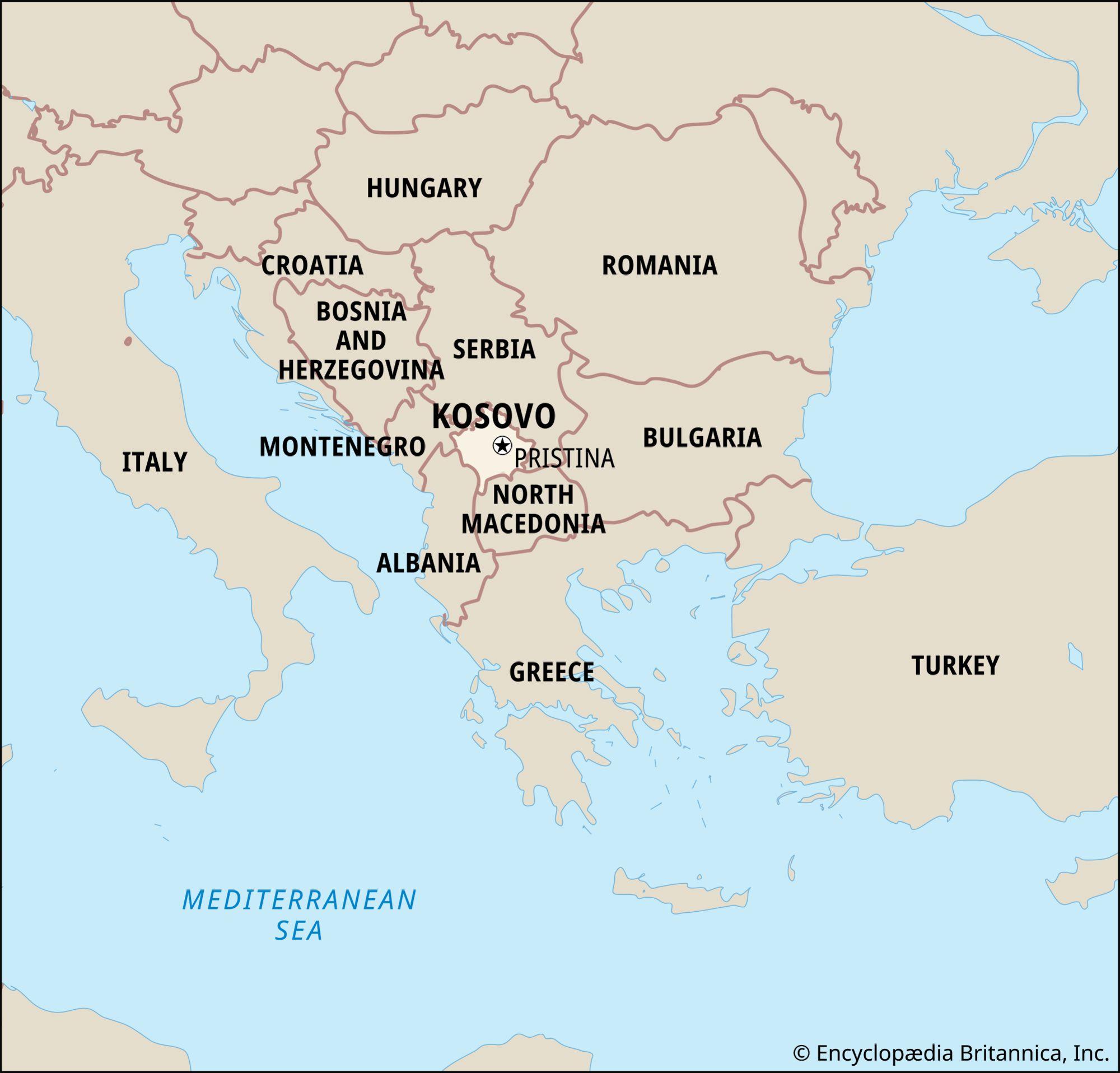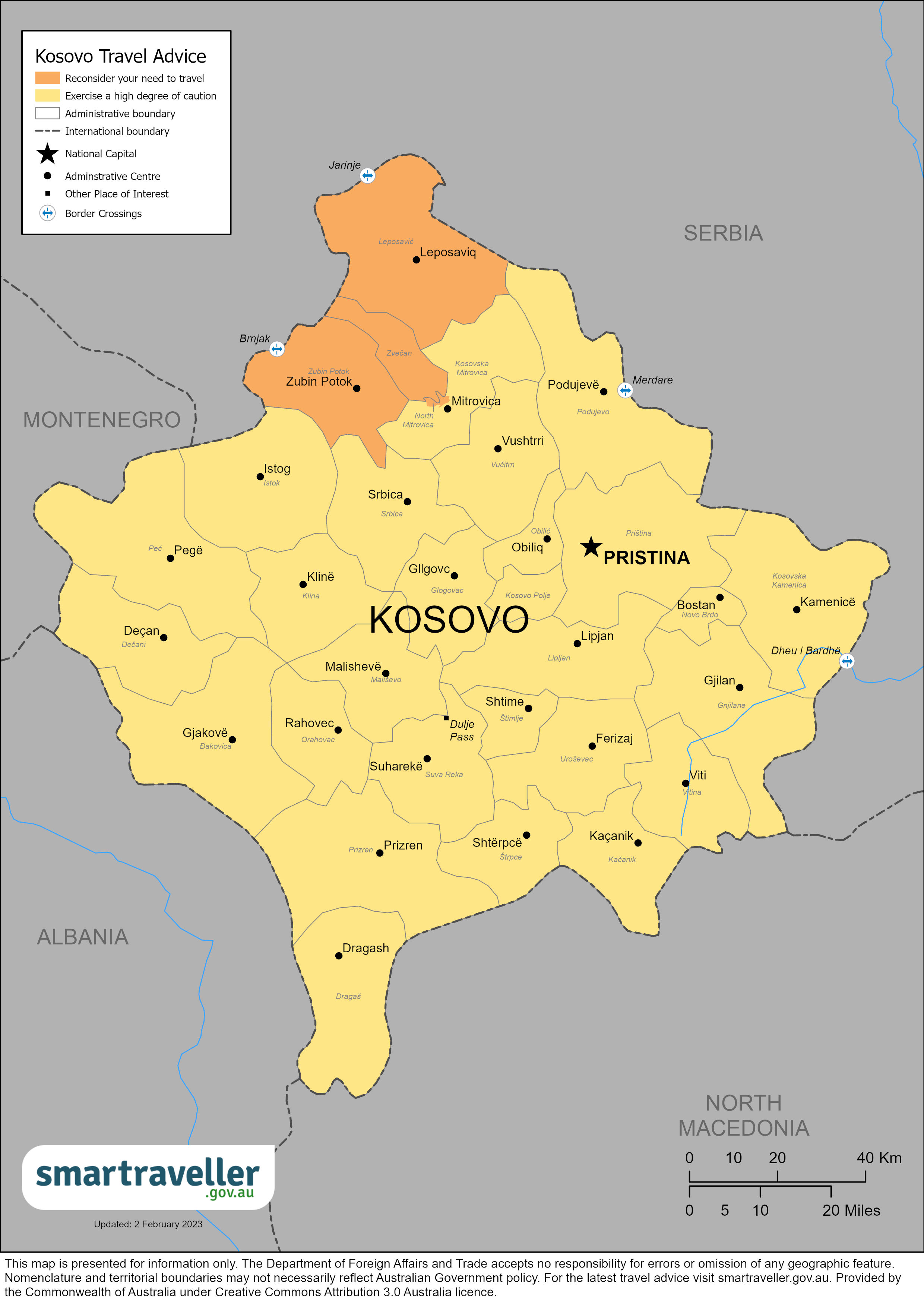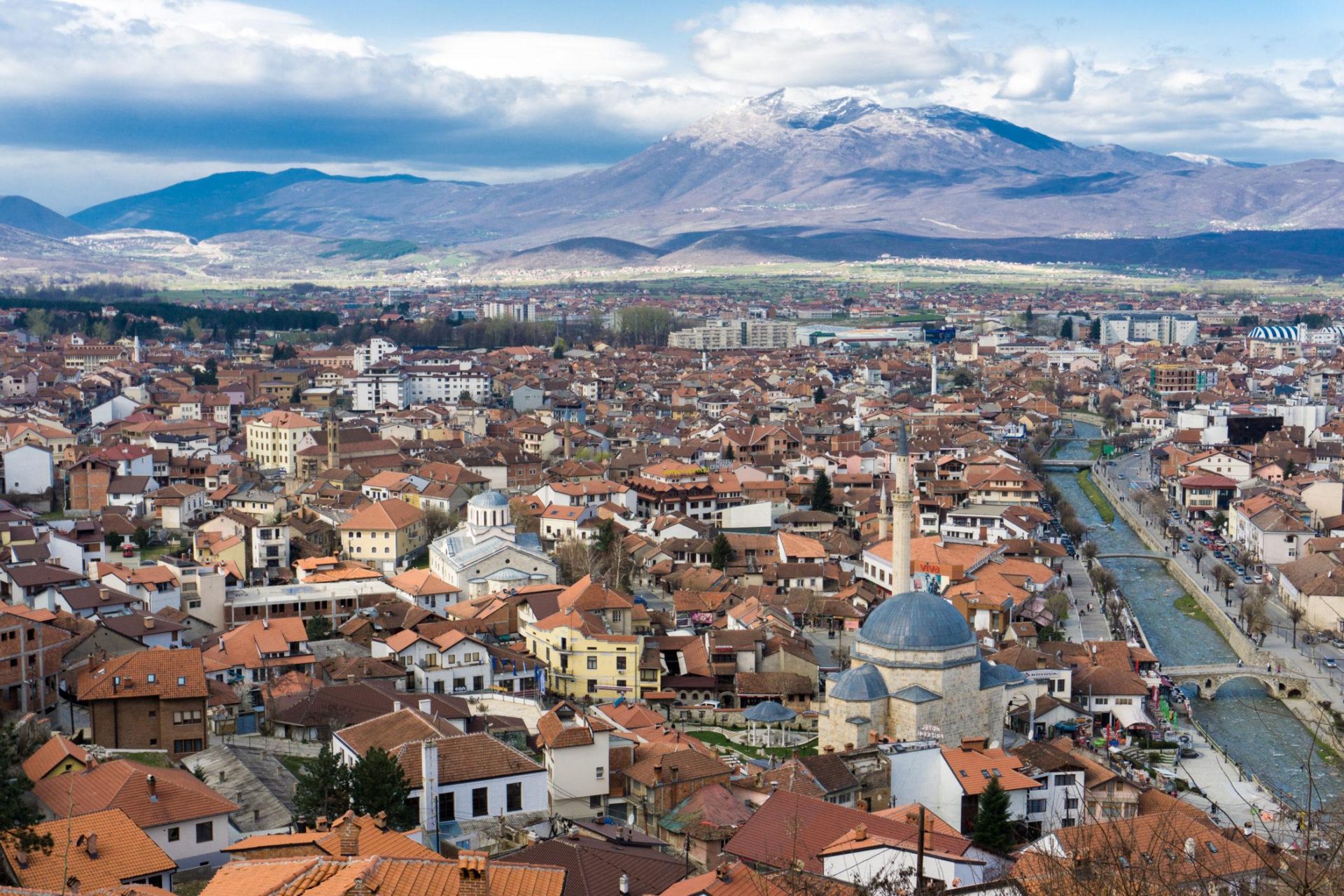Kosovo Serb Party Denounces Election Ban as Political Violence
Teh recent decision to exclude the ethnic Serb party from the upcoming parliamentary elections in Kosovo has ignited a firestorm of controversy, with party leaders describing the move as a manifestation of political violence. This characterization reflects deep-seated frustrations among Kosovo Serbs, who feel marginalized in a political landscape dominated by the Albanian majority. According to party representatives, the ban undermines democratic processes and highlights escalating tensions between ethnic communities in the region.They argue that this exclusion not only disenfranchises their constituents but also raises questions about the integrity of Kosovo’s commitment to inclusive governance.
In a statement following the ban, party officials outlined several key concerns:
- Undemocratic Practices: The party contends that the ban sets a perilous precedent, indicating a willingness to suppress dissenting voices.
- Erosion of Trust: The exclusion could further alienate Kosovo Serbs from political engagement, exacerbating divisions within the country.
- International Responsibility: The party is calling on international bodies to intervene, emphasizing the need for oversight in electoral processes to ensure fair representation.
They assert that without meaningful participation, the prospect for lasting peace and stability in Kosovo continues to dwindle, effectively sidelining a significant portion of the population in critical democratic functions.

Implications for Kosovos Political Landscape and Ethnic Relations
The recent ban of Kosovo’s ethnic Serb party from participating in the parliamentary elections has sparked significant debate over the implications for the country’s political stability and ethnic dynamics. Many political analysts argue that this decision could deepen ethnic divides, already a sensitive issue in Kosovo, where tensions between the ethnic Albanian majority and the Serb minority have historically influenced political discourse. Fears abound that sidelining one of the primary representatives of the Serb community may lead to increased discontent and alienation among ethnic Serbs,perhaps igniting protests or calls for greater autonomy. The political landscape may shift towards more polarized factions, as alternate voices from the Serb community emerge in response to their exclusion.
Moreover,the exclusion raises questions about the future of multiculturalism and democracy in Kosovo. The government’s decision could be perceived as an erosion of democratic values, encapsulating a broader trend of political violence against opposition voices. The potential for increased nationalism and radicalization within ethnic communities cannot be overlooked, as marginalized groups frequently enough turn to hardline positions when they feel disenfranchised. The ramifications extend beyond mere electoral politics, as they provoke a reconsideration of how Kosovo’s governance approaches ethnic inclusivity. Ensuring a balanced representation in all public spheres will be crucial to fostering a conducive environment for dialog and reconciliation, rather than division and unrest.

Recommendations for Promoting Inclusivity in Electoral Processes
To foster a more inclusive electoral process, it is indeed critical to implement measures that ensure broad representation and participation across all segments of society. This can be achieved thru the establishment of clear protocols for engaging underrepresented communities in the electoral design and implementation stages. Active outreach initiatives aimed at educating voters about their rights and the electoral process can definitely help mitigate feelings of disenfranchisement. To facilitate this, the following strategies should be considered:
- community Engagement: Conduct regular consultation sessions with diverse ethnic groups to harness their perspectives and concerns.
- Accessible Facts: Provide multilingual resources and materials that outline election procedures, ensuring every citizen understands their voting rights.
- Monitoring Bodies: Establish independent oversight committees that include representation from various ethnic communities to monitor the electoral process for fairness and openness.
- Training for Election Officials: Provide specialized training to electoral staff focused on cultural competence and inclusivity.
Moreover, addressing systemic barriers that prevent equitable participation must be a priority. Political entities should be encouraged to develop platforms that advocate for inclusivity, prioritizing the representation of all ethnicities in decision-making processes. By establishing legislative measures that protect minority interests and penalize discriminatory practices, societies can work towards a more balanced electoral landscape. This could involve:
- Amending Electoral Laws: Revising existing laws to ensure they accommodate minority rights and promote equal opportunity for all candidates.
- Incentives for Inclusive Campaigning: Offering grants or resources to parties that demonstrate a commitment to inclusive practices within their campaigns.
- Public Awareness Campaigns: Run campaigns highlighting the importance of diverse representation and engaging citizens in dialogues about the electoral process.

International Reactions and the Path Forward for Kosovos Democracy
in the wake of the recent electoral developments, international reactions have poured in, spotlighting the intricate dynamics of Kosovo’s multi-ethnic society. Observers from the European Union and the United States have expressed concern over the implications of banning the ethnic Serb party from parliamentary participation. the situation has drawn parallels to previous instances of political exclusion, fostering an atmosphere where dialogue and cooperation appear increasingly fragile. key reactions include:
- The European Union: Calls for transparency and an equitable electoral process to encourage inclusive governance.
- The United States: Emphasizing the importance of political plurality for the stability and democratic integrity of Kosovo.
- Non-Governmental Organizations: Advocating for the protection of minority rights and the necessity for fair political representation.
Looking ahead, the path forward for Kosovo’s democracy hinges on a commitment to dialogue and reconciliation among its diverse ethnic communities.While the barriers to political participation remain a pressing issue, stakeholders emphasize the urgency of fostering an environment that nurtures inclusivity and respect for minority voices. Potential steps include:
- Facilitating inter-ethnic dialogue: Initiating conversations between political factions to build mutual understanding and trust.
- Reassessing electoral laws: Modifying regulations to ensure fair representation of all ethnic groups within the political framework.
- Engaging international mediators: Involving neutral parties to help navigate disputes and propose viable solutions for all stakeholders.
